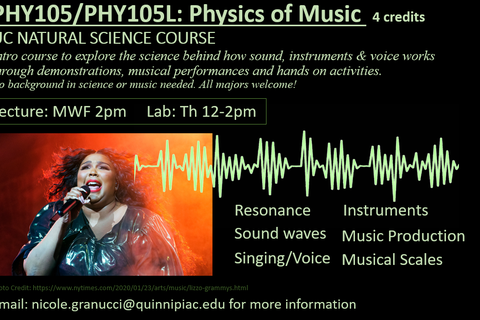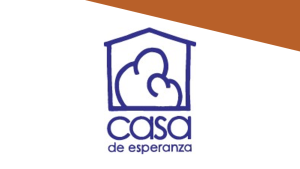The Department of Psychology offers two Bachelor of Science undergraduate degrees: a degree in Psychology and a degree in Behavioral Neuroscience. Some of our majors — but certainly not all — also complete a concentration in Applied Clinical Science, Applied Cognitive, or Industrial/Organizational psychology.
All in all, the Department of Psychology is an exciting place, so browse our site to find out more. We offer resources, professional development suggestions, study abroad, and interesting events. The helpful people listed on the right are located in The Center for Psychological Science (CPS). Click here for a printable and smartphone-friendly version of our campus map.
-
Major & Minor RequirementsBS in Psychology
Minor in Psychology
BS in Behavioral Neuroscience
Concentrations
Students majoring in psychology have an opportunity to elect intensive study in an Applied Cognition, Applied Clinical Science, or Industrial-Organizational (I-O) Concentration. A concentration is like a minor, only within psychology, and it is not required. Each concentration provides supervised field experience. For the Applied Clinical Science concentration, students engage in fieldwork for a minimum of 120 hours/semester throughout their junior or senior year. These students meet with the concentration director and select an internship site during the Spring prior to their placement. For the concentration in Industrial-Organizational Psychology, internships are arranged individually.Learn more about our concentrations
Psychology FAQ’s -
Research & Experiential Learning
Many of the members of the Psychology Department have active research programs. We welcome discussions about our research and research interests. If you have an interest in research, you should explore the possibility of working with a faculty member on a project in some way.
You can learn more about our faculty and their research interests here.
Having off-campus experience working with populations in the community prior to graduating can help students gain admission to graduate school or obtain a job after graduation. Students can gain real world experience before graduating from Quinnipiac with a psychology major in many different ways.
Click this link for a few ideas to help you get started.
-
Explore Your Future
Psychology majors go on to a wide range of future careers! To get some initial ideas, take a look at our tool “What Can I Do with This Major?”. Many graduates will also choose to continue their education. Thinking about graduate school? Explore some of the tools and resources to help you consider your options in psychology, or in other fields.
You may want to explore opportunities in industries like Business Management, Human Resources & Administration, Marketing, Communications & Publishing, Human Services, Non-profits & Advocacy, and all of our industry communities!







